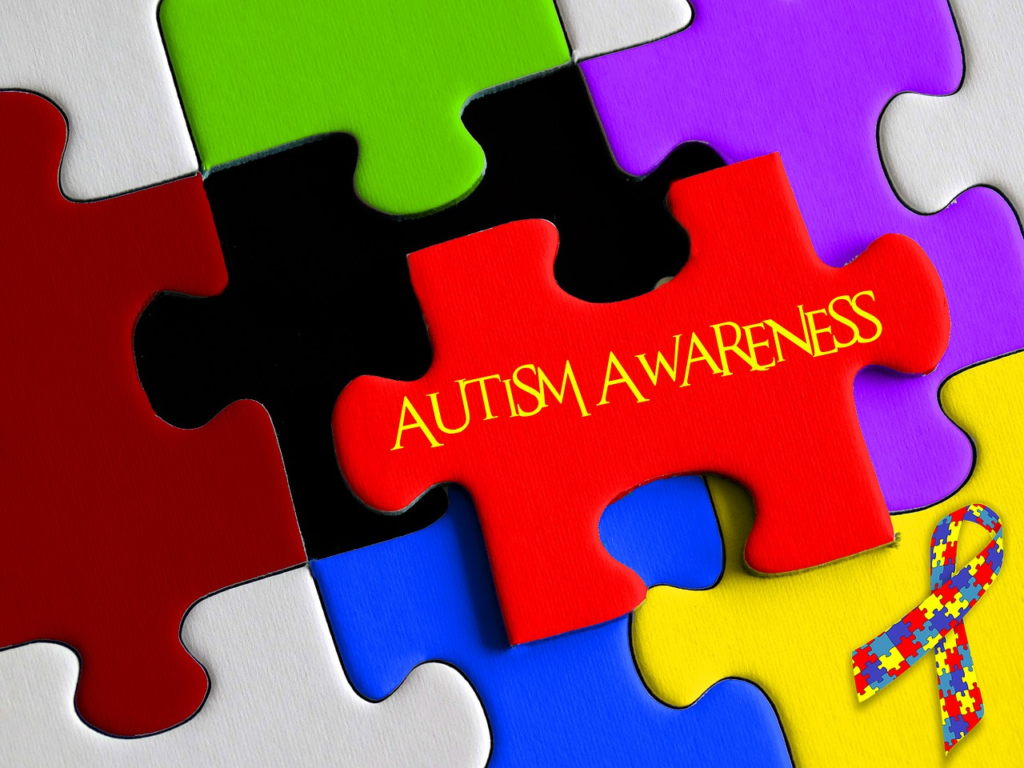UNDERSTANDING THE CORRELATION BETWEEN THE BRAIN AND SPEECH CHALLENGES OR DELAYS
By Peta-Gaye Forbes-Robinson
The World Health Organization (WHO) explains autism spectrum disorder (ASD) as constituting a diverse group of conditions related to development of the brain. I can appreciate this authentic meaning because it points you directly to the brain. As a Behavioral Psychology student with one-on-one autism intervention experiences, I have come to realize children with autism often struggle with speech and speech formation. It is important to note that not all children with Autism experience speech delays and not all experience challenges in language development and understanding. Speech delays and difficulties in communication can be attributed to a number of factors such as damages or abnormalities in the cerebrum and specific brain lobes. Jacquelyn Cafasso has written on this subject, and her May 17, 2019 article, which was medically reviewed by M.D. Nancy Hammond, encapsulates much of what I wish to share with you.
Let us look at some of the potential damages and how they impact speech in children with Autism:
Frontal lobe abnormalities: The primary duty of the Broca area in the frontal lobe is speech production and coordination of the muscles that involve articulation. Any damage or abnormalities to this area can cause expressive language challenges known as Broca’s Aphasia or Apraxia of speech. So, you would find that your child is having difficulties forming words or uttering phrases, or maybe you have observed that your child just does not have speech fluency. This is possibly as a result of Apraxia of speech.
Temporal lobe abnormalities: This lobe, including the Wernicke’s area, plays a primary role in language understanding and decoding. Any damage or abnormalities in this region of the brain can produce what is called Wernicke’s Aphasia. This is when your child shows signs of lack of understanding when you speak. Ever wondered if your child has a hearing abnormality because he or she does not respond to their names, or when you point and say, “Tie your shoe lace”? Any abnormalities in this region of the brain such as Wernicke’s Aphasia will cause difficulties in understanding spoken words and processing each sound. Some children on the spectrum often have challenges with vocabulary, comprehension, and word retrieval due to an abnormality in the wiring of the brain in this region.
Parietal lobe dysfunction: This region handles the integration of sensory information, including auditory processing. So, you would find that a child who is hyper or hypo sensitive to sound experiences this challenge because of the abnormalities within the parietal lobe. Some children will experience sensory overload and some will have challenges distinguishing between different sounds and discrimination of speech sounds. This dysfunction can affect language acquisition and understanding because of the difficulties in processing and interpreting auditory stimuli which, in many cases, results in tantrums, anger, frustrations, fights, or just overall challenging behaviours.
Speech delays also exist as a result of abnormalities in the structure of connective tissues. This can be abnormalities in size, even shape, or the connectivity of the brain regions responsible for speech production and language processing. Any disruption in the connection of the lobes, especially the frontal and temporal lobes, can disturb the production process of speech, and comprehension in language development.
WILL MY CHILD EVER SPEAK?
To conclude, always remember autism is a condition that is highly diversified. As a result, the neurological factors resulting in speech delays will vary from one child to the next. No two persons with autism are the same. Not all children with autism will experience delays in speech or challenges in language comprehension. Their difficulties in language will differ.
Early intervention, such as speech therapy and individual support, is highly important in combating delays in speech.
“Will my child ever speak?” is a question many ask and will ask. Based on my own experience with my child and working with other children more advanced on the spectrum than my son, here is the answer: with an intervention tailored to your child’s needs, speech is definitely possible.
To combat autism any at all, it is highly recommended that you visit the brain first.
__________________________________________
With a degree in Business Administration, Peta-Gaye Forbes-Robinson has always been interested in catering to the needs of persons with disabilities, teaching, and observing what causes people to behave the way they do. She has done much work in the field of autism, and can be reached at giftedmindsresourcecentre@gmail.com.


